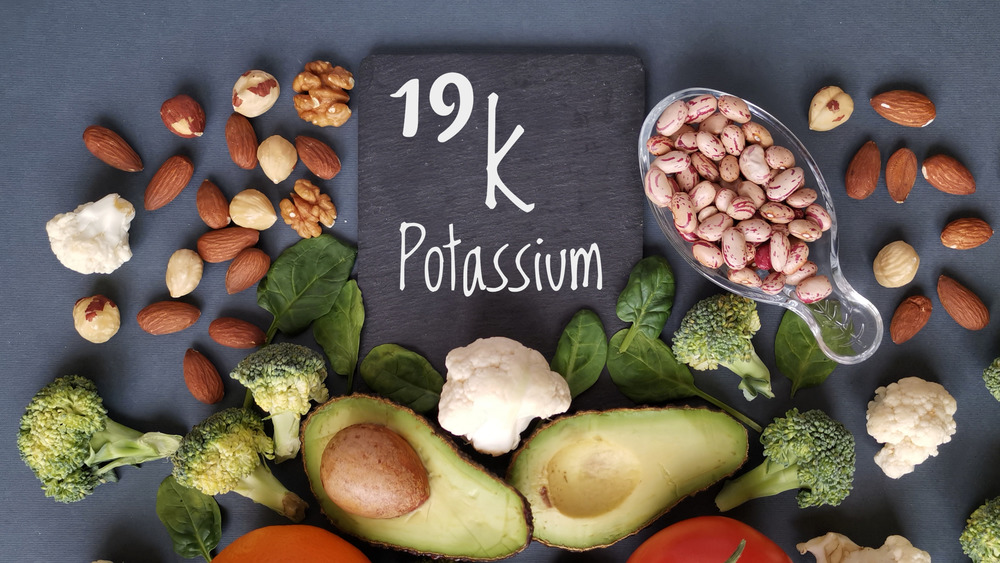
We all know that our health is a direct result of our lifestyle choices. But did you know that your parents' lifestyle choices can also impact your health? If your parents smoked cigarettes while you were growing up, you're more likely to develop lung cancer. If they didn't eat a healthy diet, you're more likely to be obese. And if they didn't exercise regularly, you're more likely to be sedentary. So, if you have any of these health issues, don't blame yourself. Blame your parents. It's not fair, but it's the truth. Our health is a direct result of our parents' lifestyle choices. So, if you have any of these health issues, don't blame yourself. Blame your parents.
Thanks to your parents, you can blame your skin issues on them. If you have oily skin, it's thanks to your mom. If you have dry skin, you can thank your dad. If you have sensitive skin, you can blame both of them. But, the good news is that you can do something about it. With the right skincare routine, you can overcome the skin issues that are inherited from your parents. Here are some tips to help you get started:
If you have oily skin, use a gentle cleanser and avoid harsh scrubs. If you have dry skin, use a moisturizing cleanser and use a humidifier. If you have sensitive skin, use a hypoallergenic cleanser and avoid using harsh chemicals. With the right skincare routine, you can overcome the skin issues that are inherited from your parents. So, don't blame them for your skin problems, and do something about it instead.

Are Vitamin K and Potassium the Same Thing? When it comes to essential vitamins and minerals, it can be difficult to keep track of what is what. Many people may ask themselves, “Are vitamin K and potassium the same thing?” The answer is a resounding no. While both are important for health, they are very different substances. Vitamin K is a fat-soluble vitamin, meaning it is stored in the body’s fat tissues and is not easily excreted. It is essential for blood clotting and is vital for the body’s ability to heal wounds. It is also important for maintaining healthy bones and is thought to help prevent certain types of cancer. Found in leafy green vegetables, vitamin K is also available as a supplement. On the other hand, potassium is an electrolyte, which means it is an electrically charged mineral that helps regulate the body’s fluid balance. It is needed for the proper functioning of the cells, nerves, and muscles. It also helps to control blood pressure and is important for heart health. Foods high in potassium include bananas, potatoes, and avocados. The two substances differ in many other ways. For example, vitamin K is only found in plants and animals, while potassium is an inorganic compound. Vitamin K does not dissolve in water, but potassium does. Vitamin K is stored in the body’s fat tissues, while potassium is found in the bloodstream and muscles. Finally, vitamin K is not broken down by the body, but potassium is. So, are vitamin K and potassium the same thing? The answer is a clear no. While both are important for health, they are different substances with different functions. Vitamin K is a fat-soluble vitamin that helps with blood clotting and bone health, while potassium is an electrolyte that helps regulate the body’s fluid balance and blood pressure. By making sure to get enough of both of these substances in the diet, you can ensure that your body has all the essential vitamins and minerals it needs to stay healthy.
Potassium is an essential nutrient for the human body, and its benefits are numerous. It helps to regulate the balance of fluids in the body, maintain a healthy blood pressure, and prevent heart disease. It also helps to build strong bones and muscles, and is important for proper nerve and muscle function. In short, a proper diet with adequate amounts of potassium is important for overall health and wellbeing. The benefits of potassium are especially important for older adults. As we age, our bodies become less efficient at absorbing and utilizing potassium, so it is important to get enough of this essential nutrient. Potassium helps to regulate fluid balance and blood pressure, which can help to reduce the risk of stroke and heart attack. Potassium also helps to protect bones and muscles from the damage associated with aging. In addition, potassium helps to support a healthy digestive system, and can help to reduce the risk of developing certain types of cancer. In addition to its benefits for older adults, potassium is important for people of all ages. It helps to regulate the body’s water balance, and prevents dehydration. Potassium also helps to maintain a healthy blood pressure, and can help to reduce the risk of developing high blood pressure. It is also important for proper nerve and muscle function, and helps to support a healthy nervous system. Potassium is found in a variety of foods, including fruits, vegetables, dairy products, and certain types of fish. Eating a balanced diet that includes these foods can help to ensure that you get the recommended daily amount of potassium. However, if you are unable to get enough potassium from your diet, you can also take a potassium supplement. It is important to talk to your doctor before taking any supplements to make sure that they are safe for you. In conclusion, potassium is an essential nutrient for the human body, and its benefits are numerous. It helps to regulate the balance of fluids in the body, maintain a healthy blood pressure, and prevent heart disease. It also helps to build strong bones and muscles, and is important for proper nerve and muscle function. Eating a balanced diet that includes potassium-rich foods, as well as taking a potassium supplement if necessary, can help to ensure that you get the recommended daily amount of this essential nutrient.